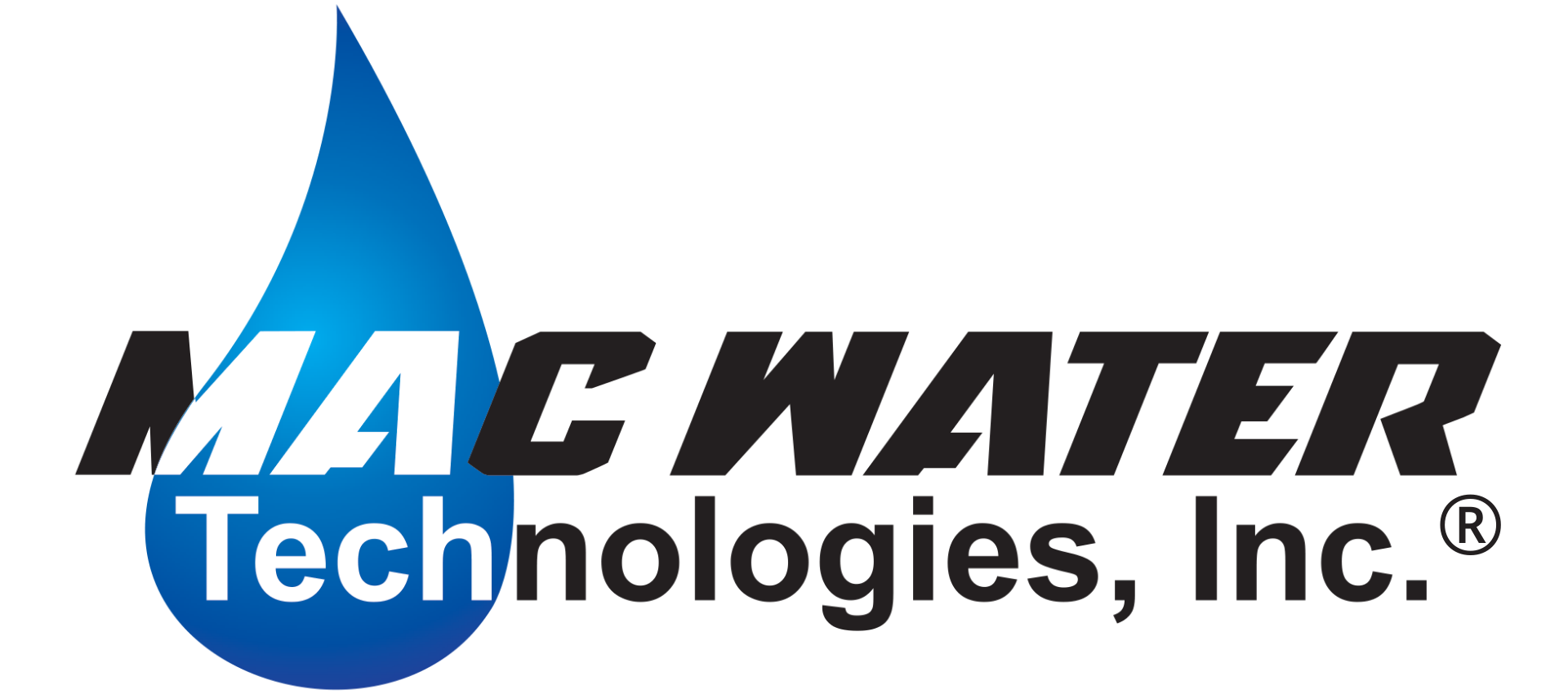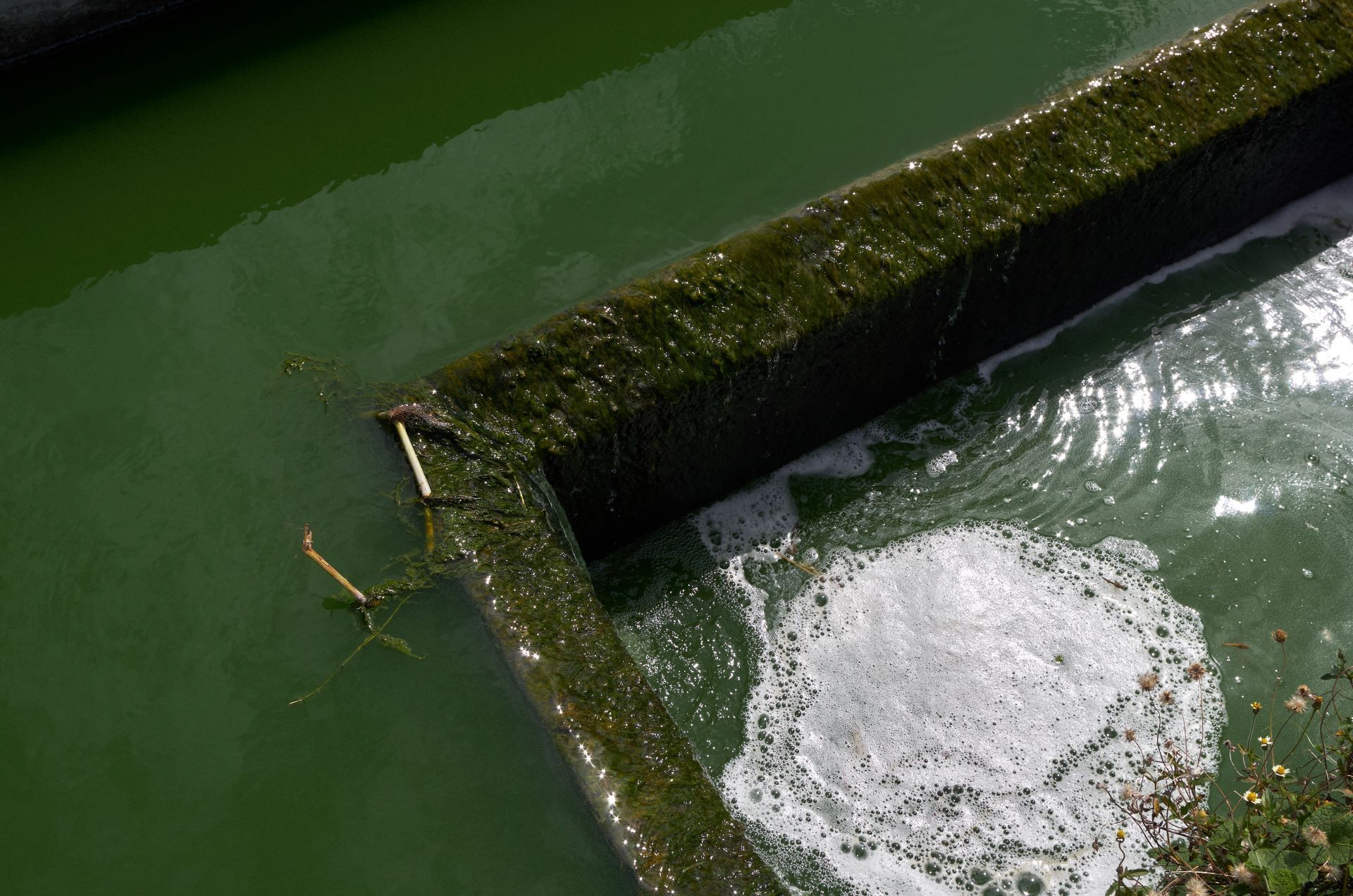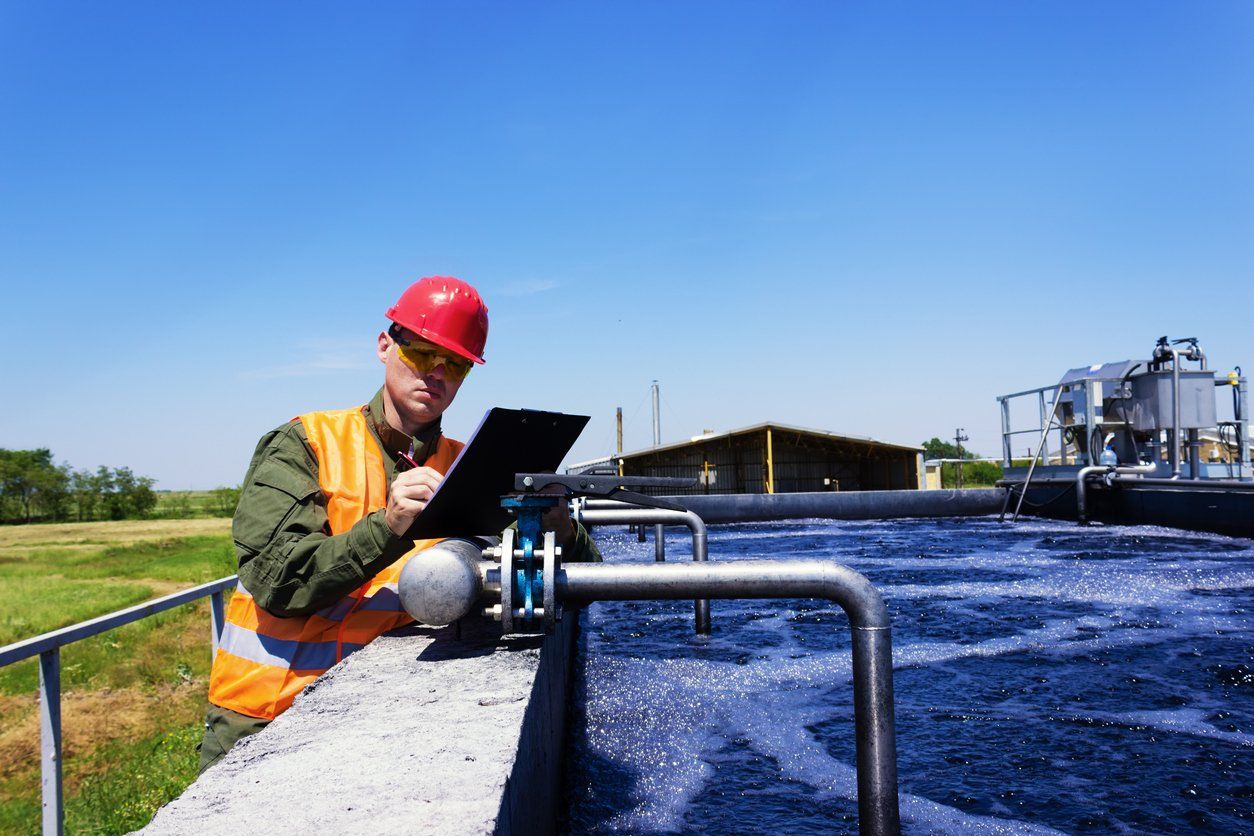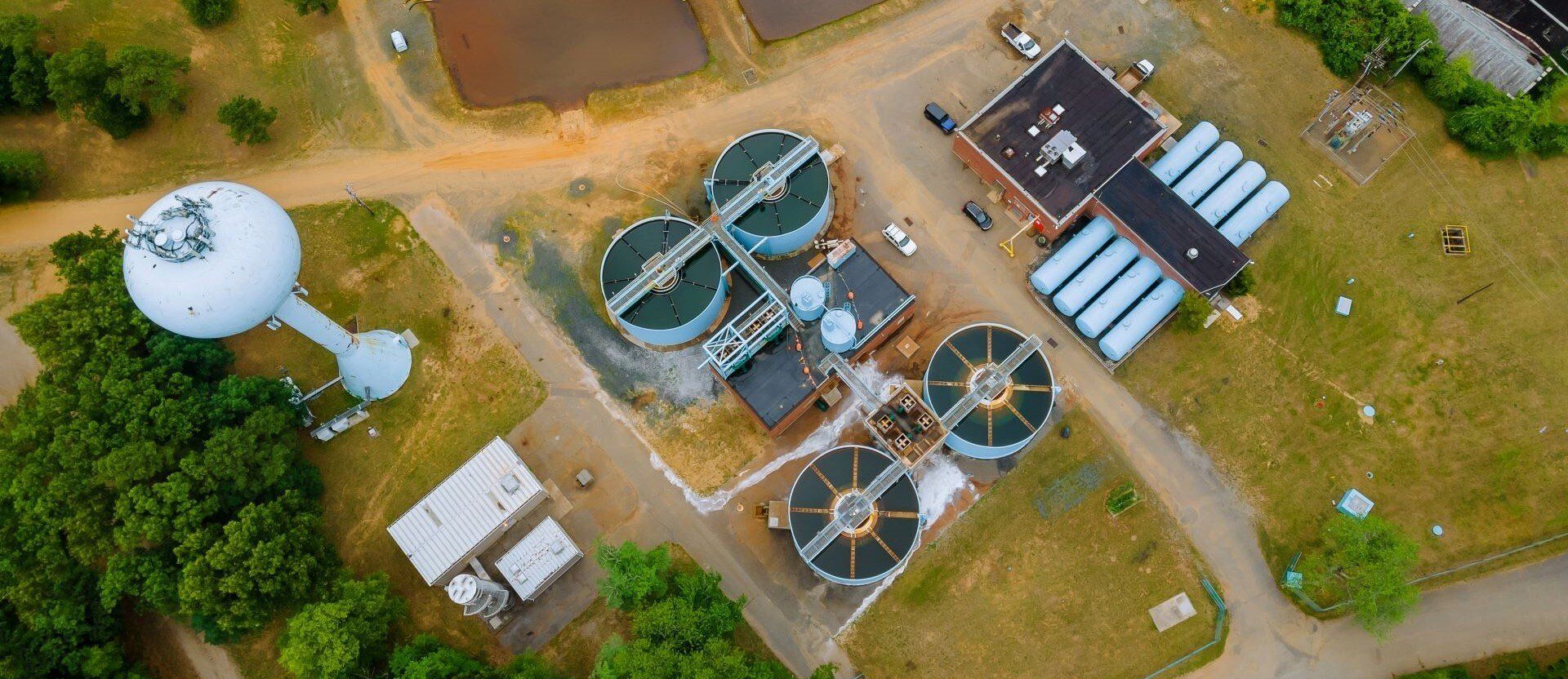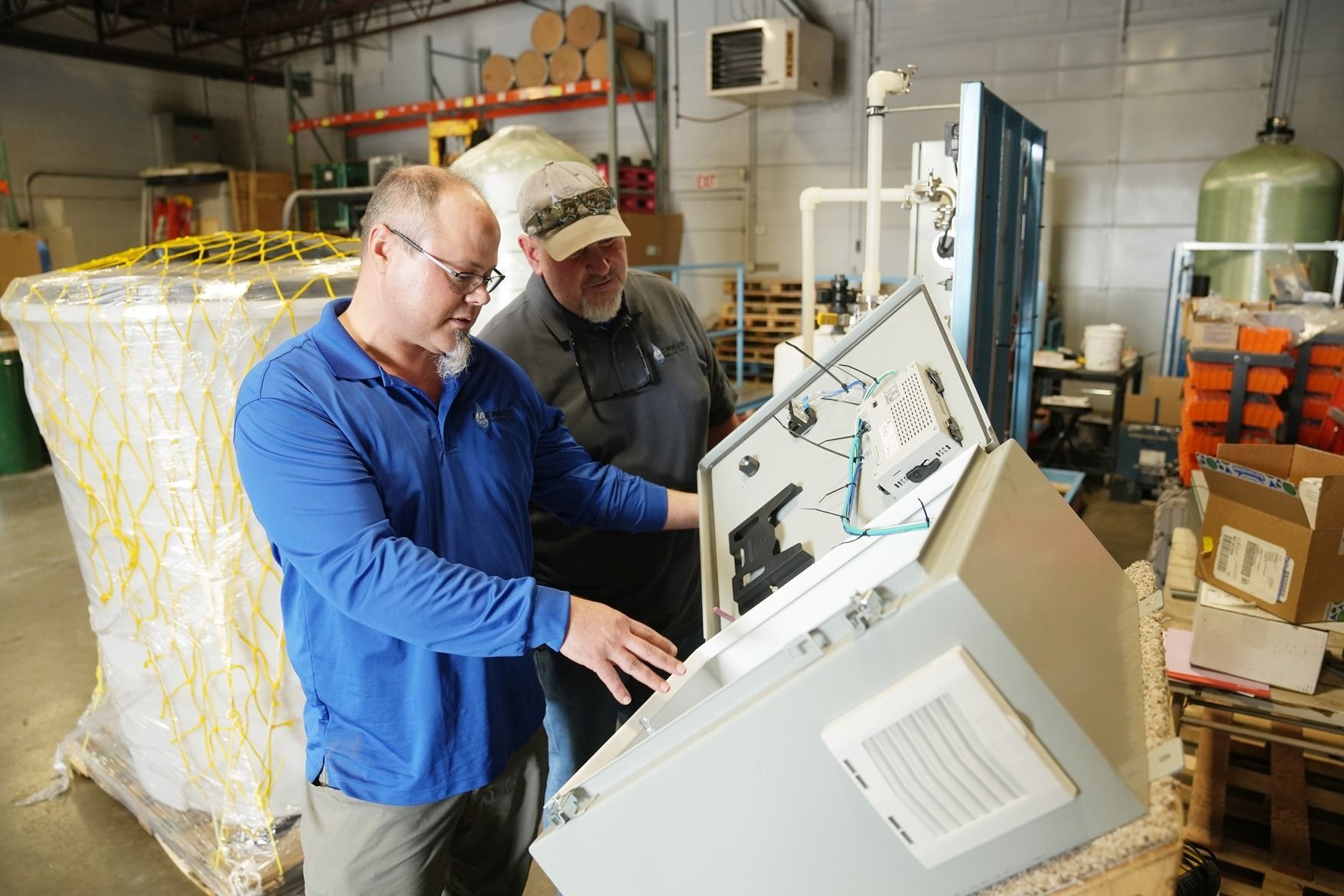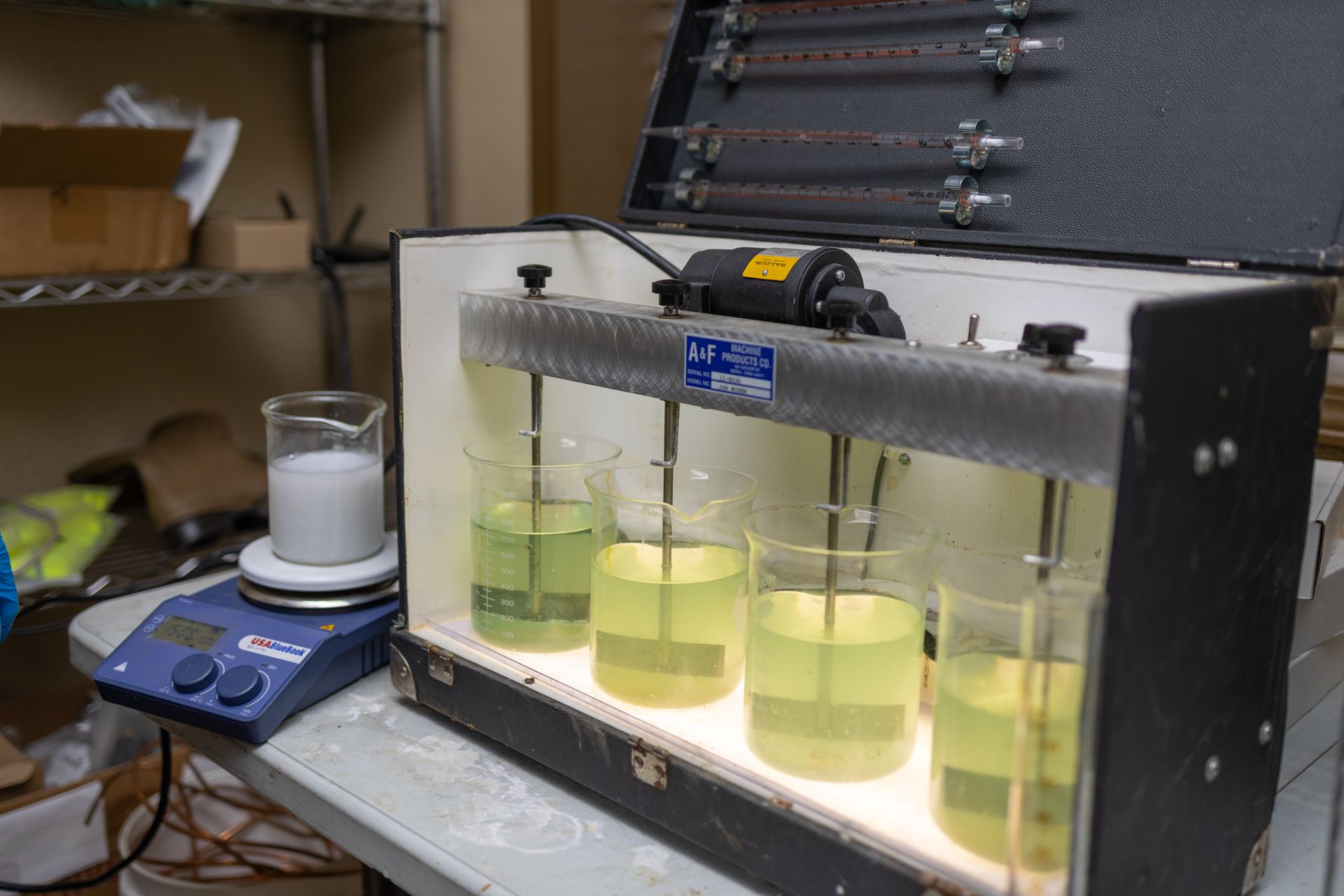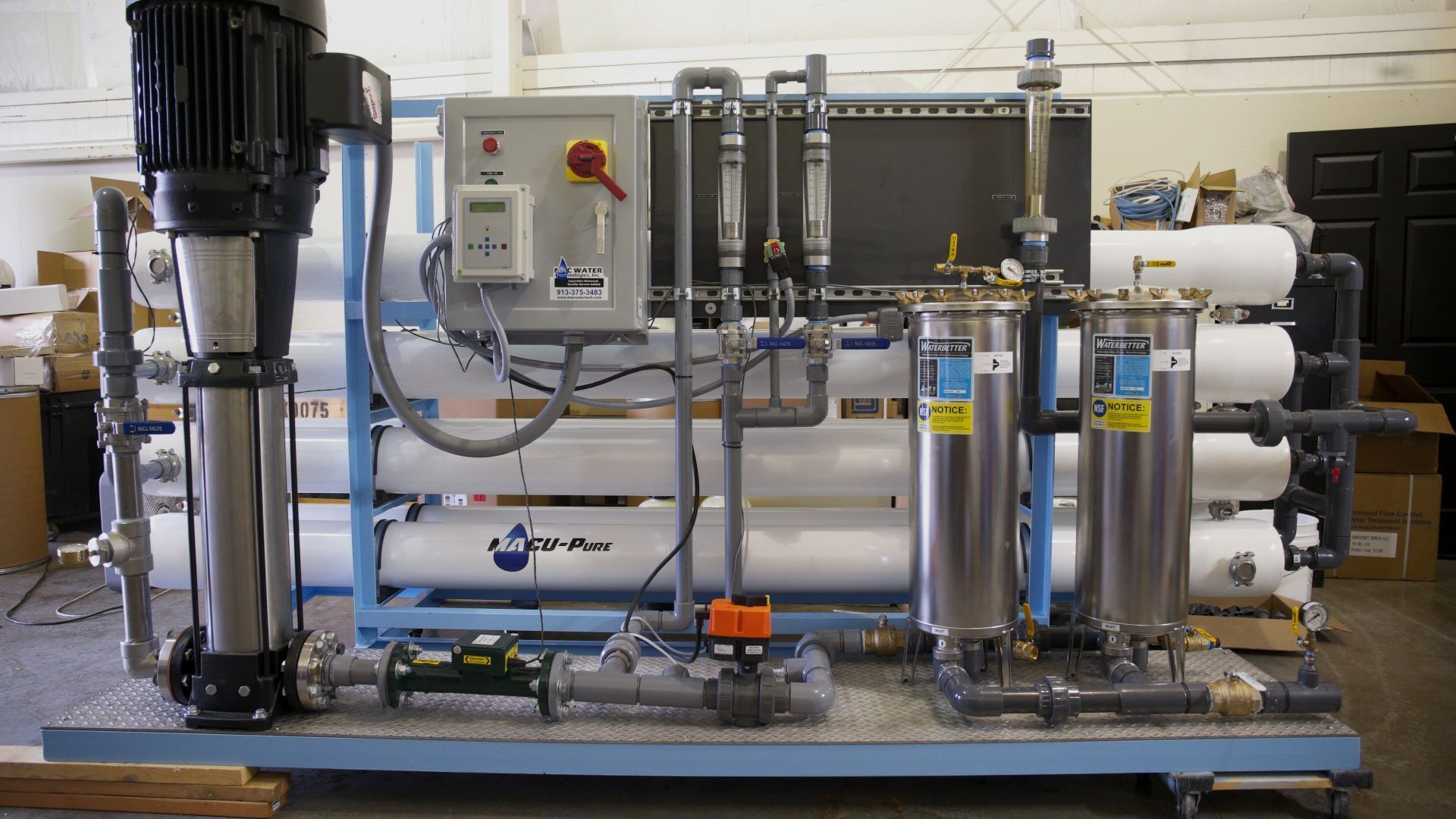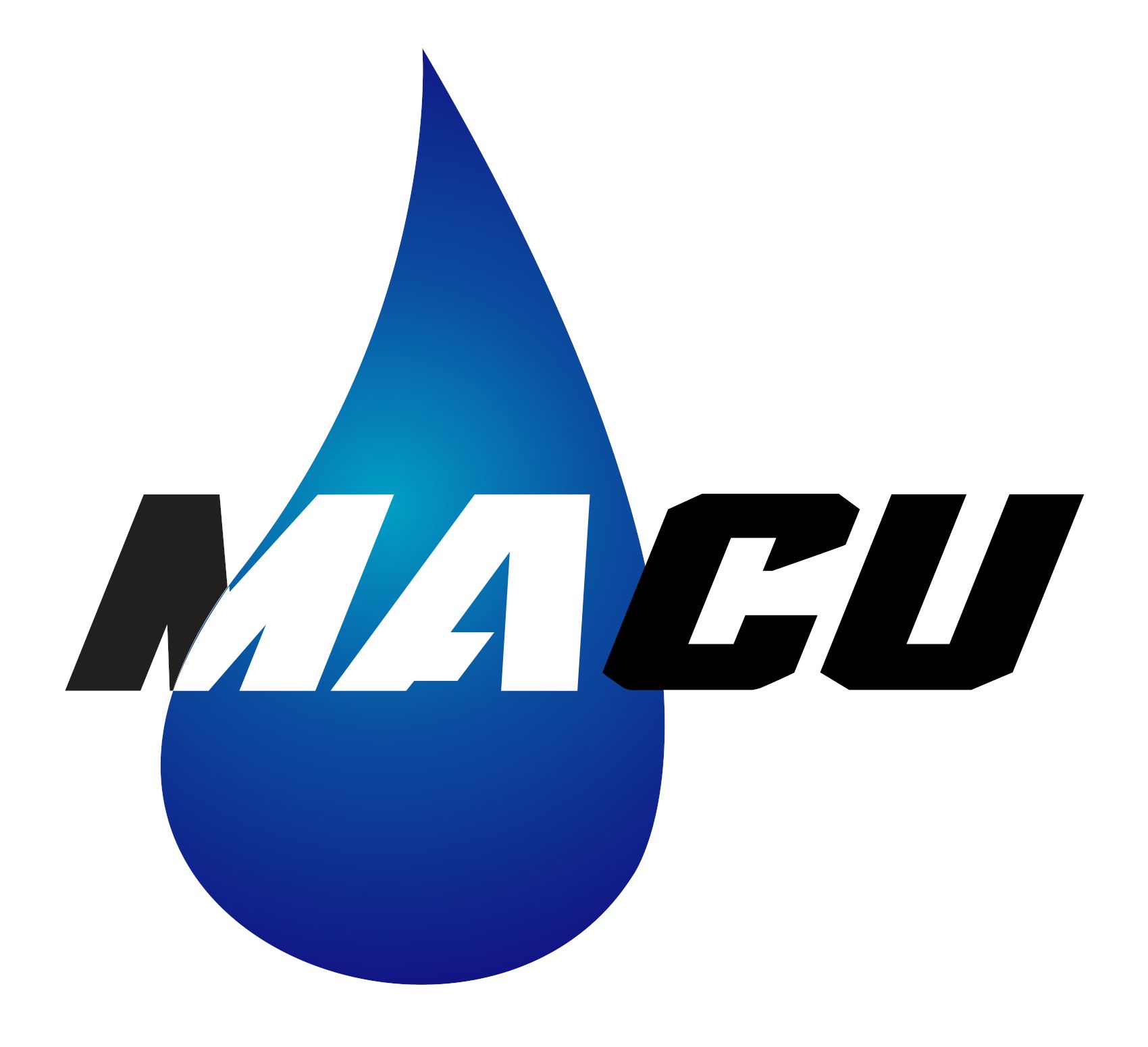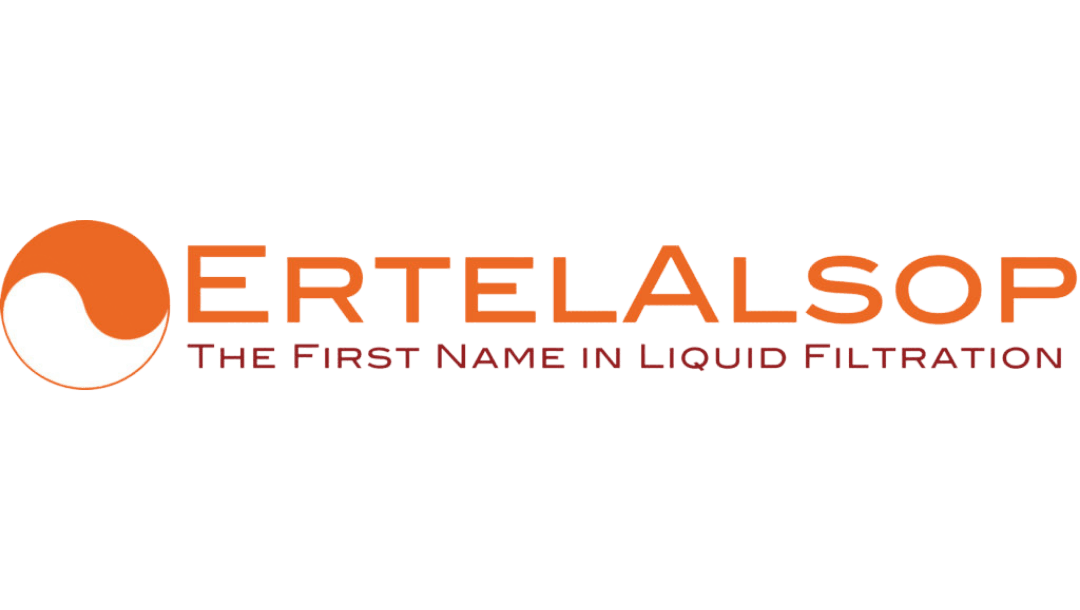Why Sustainable Wastewater Treatment Is Here to Stay
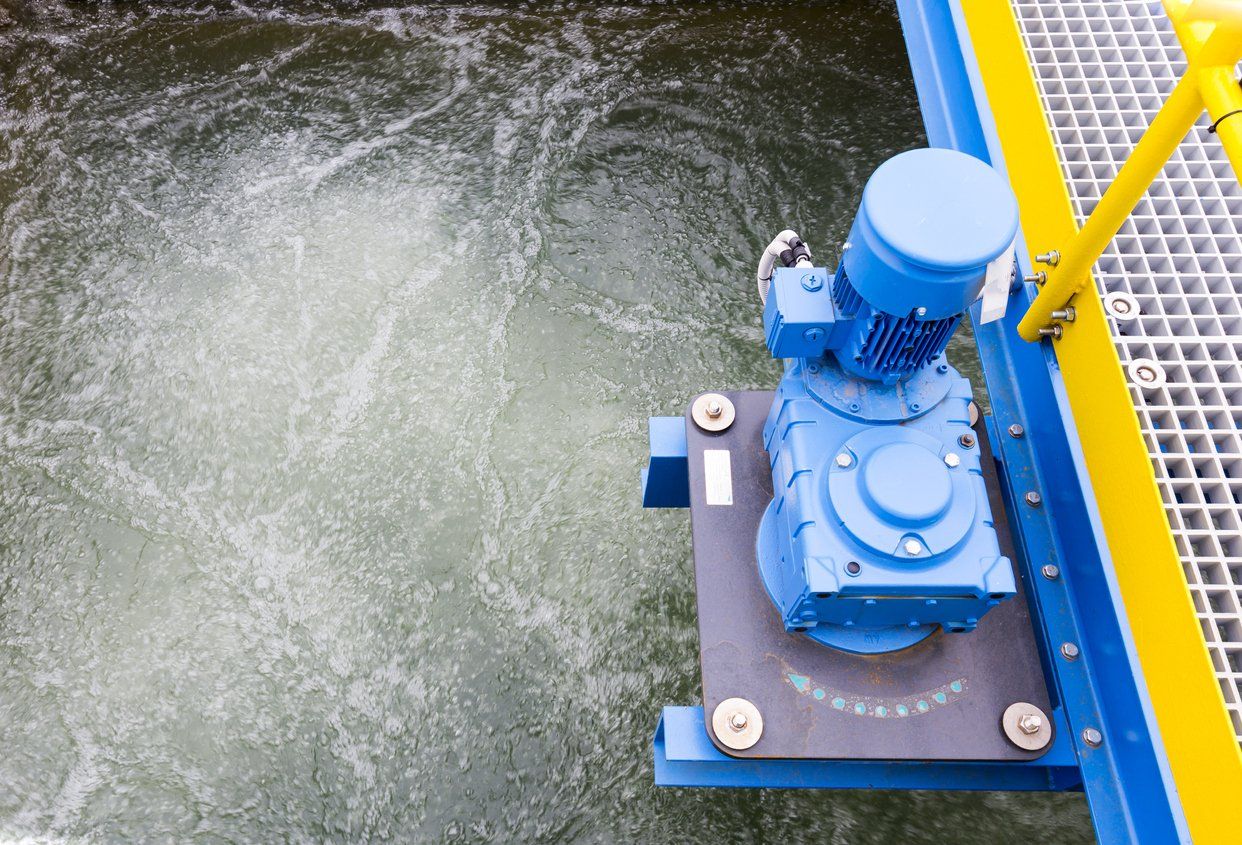
Despite covering 71% of the earth's surface, 97% of the world's water supply is unsuitable for human consumption. Worse still, out of the 3% supply of fresh water, only 0.5% is available for human use, with the rest locked in ice caps, glaciers, or lying deep into the earth's crust. The limited supply and the need to safeguard the available supply of freshwater drive the efforts to recover and recycle wastewater across the globe.
The average American household generates up to 100 gallons of wastewater daily. Commercial buildings and institutional facilities consume up to 17% of the public-supplied water in the country. Recycling this wastewater helps safeguard the water supply and protects the environment. Today, the world is increasingly viewing wastewater as a valuable resource, driving the concerted effort to establish sustainable wastewater treatment systems.
Dig in as we explore why sustainable wastewater treatment systems are increasingly becoming a staple.
Matchless Customization
Decentralized wastewater treatment plants are as effective as centralized treatment systems in recycling wastewater. Decentralized systems are flexible, scalable, affordable, and can be established independently. They don't require as much space as centralized systems and can be scaled to meet the needs of small communities. Innovative technology allows engineers to design systems that meet specific water recycling goals. You can treat the wastewater before releasing it into a drain field, recycling it for domestic use, and even drinking it.
Besides the flexible dynamics and scalability, decentralized wastewater systems are more environmentally-friendly. They have lower space and energy requirements. Most decentralized systems include septic tanks at the source, lowering the treatment costs and energy consumption. They're an ideal way to reduce your carbon footprint because they're less dependent on fossil fuel or coal for power.
Potential for Revenue Generation
Traditionally, wastewater treatment is a high-risk and costly process with limited financial returns. Despite playing a crucial role, treatment plant operations highly depend on government subsidies.
Recent breakthroughs are championing the push for sustainable wastewater treatment systems with revenue-generating capabilities. It has the potential to transform wastewater treatment plants into profitable entities while bolstering environmental conservation efforts.
Instead of discharging the treated water into a drain field, treatment plants can put it back into circulation. The water is used in industries, agriculture, or for human consumption. Still, treatment plants can harvest the nutrients such as nitrogen and phosphorus for agricultural use. They can also convert sewage into graphite and hydrogen for energy production. Wastewater management firms can also supplement their energy production by extracting hydrogen and methanol from municipal solid waste.
Growing Interest in Circular Economy
There's a paradigm shift towards a circular economy as companies and authorities seek to leverage the resultant benefits. Wastewater recycling improves freshwater supply without overexploiting the current supply.
There's a growing interest in sustainable wastewater treatment systems because they align with the circular economy principles. Recycling wastewater allows municipalities in waste scare regions to meet ever-increasing needs without incurring prohibitive costs.
Treating wastewater and feeding it back into the water supply system creates a closed-looped system. It eliminates the costs of sinking boreholes or building additional dams. It creates an additional water source while allowing treatment plants to harvest valuable resources, including nutrients and energy.
Today's technology enables wastewater facilities to recover valuable resources from a previously worthless commodity. Recovering valuable resources, including potable water, nutrients, and biosolids creates financial and economic opportunities.
Generating revenue is key to creating a sustainable water supply and sanitation system. Circular economy principles transform the previously costly service into a sustainable and profitable business venture. The financial returns can cover the cost of operation and maintenance while ensuring a steady water supply. It also holds the potential to attract investors and government funding into the sector.
Sustainable Wastewater Treatment is the Way of the Future
Recycling wastewater creates above-ground fresh water wells that will never run dry. Innovative technology enables large and small wastewater treatment plants to turn wastewater into a valuable resource. Sustainable wastewater systems will continue to attract investors into the previously sidelined sector. Green companies can turn a profit while safeguarding the world's water supply and conserving the environment. For these reasons, we've only begun to scratch the surface regarding wastewater treatment and recycling.
Contact MAC Water for more information on how to get set up.
